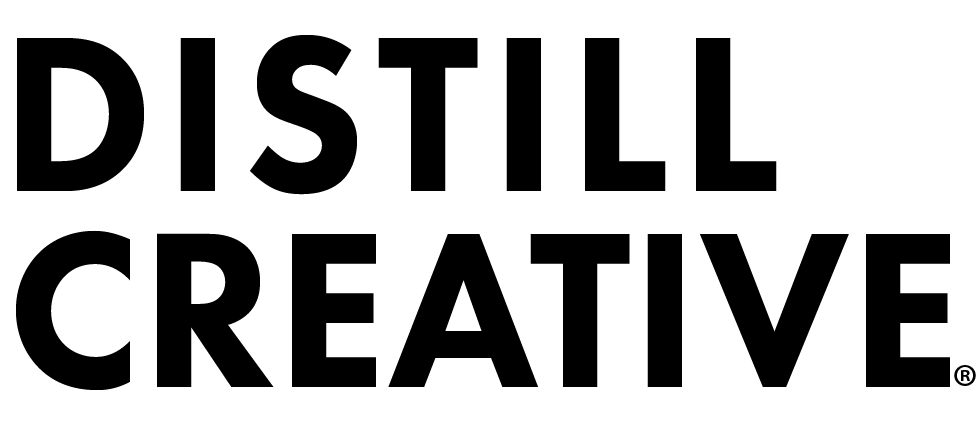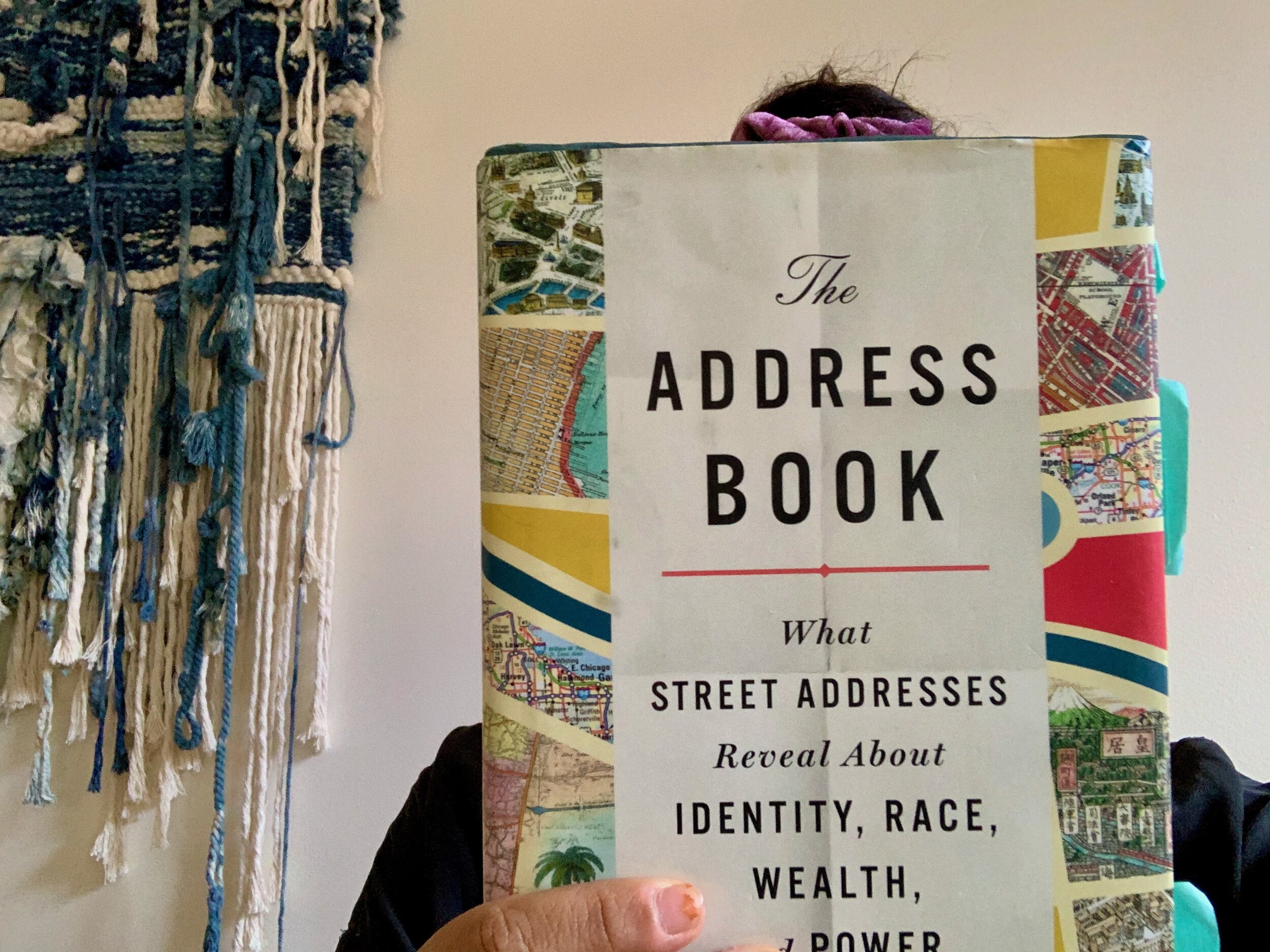Everything You've Ever Wanted to Know About Addresses
Book Review: The Address Book: What Street Addresses Reveal About Identity, Race, Wealth, and Power
We know that where you live matters. It is one of the major social determinants of health and your zip code can even help you predict how long you'll live.
But what if you don’t have an address? And what exactly is a zip code? Deirdre Mask answers these questions and more in The Address Book: What Street Addresses Reveal About Identity, Race, Wealth, and Power.
“In some years, more than 40 percent of all local laws passed by the New York City Council have been street name changes” — pg. 1, Deirdre Mask in The Address Book
Mask’s book has five sections—Development, Origins, Politics, Race, Class and Status. Each section has a few location-based stories all related to addresses. We go to Kolkata to learn how addresses might transform slums, Philadelphia to learn about the Quaker influence on street names, and Tehran to learn about tactical street naming as a revolutionary action.
The book is full of interesting tidbits and facts about addresses. I live in New York City and have often come across street addresses that don’t seem to make sense, so I was delighted and disgusted when I read out about the vanity address program, which allows developers to change the street address to something more attractive, at a price (currently $11,000 in Manhattan). I also discovered new research on things I’ve pondered quite a bit.
“Place and memory are deeply connected…Thousands of years before place neurons were discovered, the ancient Romans seemed to know by instinct that visually distinctive spaces and memory were deeply intertwined.” — pg. 69-70, Mask in The Address Book
I particularly enjoyed the chapter “Rome: How Did the Ancient Romans Navigate?” that discussed memory, location, and distinctive cities. I have always loved walking around cities. I prefer walking to biking, driving, or even taking the subway. I try to find my way around a new place without looking at Google Maps’ GPS directions. I’ve always thought it helps me know the place better and remember things about the place more vividly — turns out I’m right.
According to research shared in the book (by Kevin Lynch, William Beecher Scoville, Brenda Milner, John O’Keefe, MayBritt Mose, Edvard I. Moser, and Mayank Mehta), there is a connection between location and memory that actually happens in your brain — your hippocampus to be exact — which enables us to create mental maps and have a heightened connection to a place when we physically experience it. This is probably why we have a hard time finding a place if we’ve only ever been there by following GPS directions, but we can easily tell someone how to get to our childhood home (assuming we grew up without GPS and had to actually memorize how to walk or drive to our home). It also explains why you can probably picture where you were for significant moments in time. I could probably show you on a map where I was when my fiancé proposed to me, even though we were in the middle of a snow storm and had been on a walk in a part of Brooklyn which I’m not very familiar.
“In America, the British first began to number Manhattan (street houses) to keep track of revolutionaries.” — pg. 96, Mask
I also loved the chapter “Vienna: What Can House Numbers Teach Us About Power,” which talked about the history of street numbers and how addresses came to be.Surprise, they were basically created for monarchs to track their royal subjects in order to tax them and use their men in the military. What could be more anti-revolutionary and dehumanizing than numbering where we live? No longer were homes our private spaces, but locations to be recorded by the state. It’s fascinating that I’ve never actually thought about the history of the address itself and now that I know more of the why behind street addresses, I wonder what else has been so arbitrarily made up?
“Initially in Vienna, each new building got the lowest available number, no matter where it was. So when a new house was built, number 1521 could sit (un)comfortably next to, say, number 12…In the Czech Republic each house has two numbers, one for directional purposes and one for government registration. In Florence, houses have different numbers for residential and business purposes.” — pg. 97, Mask
But just when I was ready to go around my block and repaint all the street numbers as a revolutionary act, I started another chapter, “Homelessness: How Do You Live Without an Address?” in which Mask details why having an address is essential to modern day life. How do you get a job, social services, or even a library card without an address? Mask shares some initiatives, like banning addresses on job applications or allowing those without addresses to use an address of a home that is uninhabited. Mask discusses the pros and cons of address forwarding and digital addresses in her conclusion “The Future: Are Street Addresses Doomed?”
“An address, today, is an identity; it’s a way for society to check that you are not just a person but the person you say you are. How many times have I been asked to show proof of address to register a child in school, to vote, to open a new account? It’s not for the bank manager to come and meet me at the door. In the modern world, in short, you are your address.” — pg. 244, Mask
This book helped me realize that an address is more than a status symbol or even a social determinant of health — it’s our modern-day key to society. The homeless are not only without a physical home, they are also without a major, arbitrarily assigned intangible tool that helps people access basic needs like health care, income, and food. In a post-COVID-19 world, addresses are even more important and helpful when it comes to tracking and containing the virus. This book also helped me solidify my belief that housing is not only a health care issue, but it’s a human right.
I suggest this book to anyone interested in history, politics, health care, racism, or the intersectionality of all these issues. Mask not only reveals the why and how, but the what-if, helping us imagine a different kind of world where everyone has the luxury of not just an address, but a home.
The Address Book: What Street Addresses Reveal About Identity, Race, Wealth, and Power
By Deirdre Mask
326 pages, St. Martin’s Press, 2020

